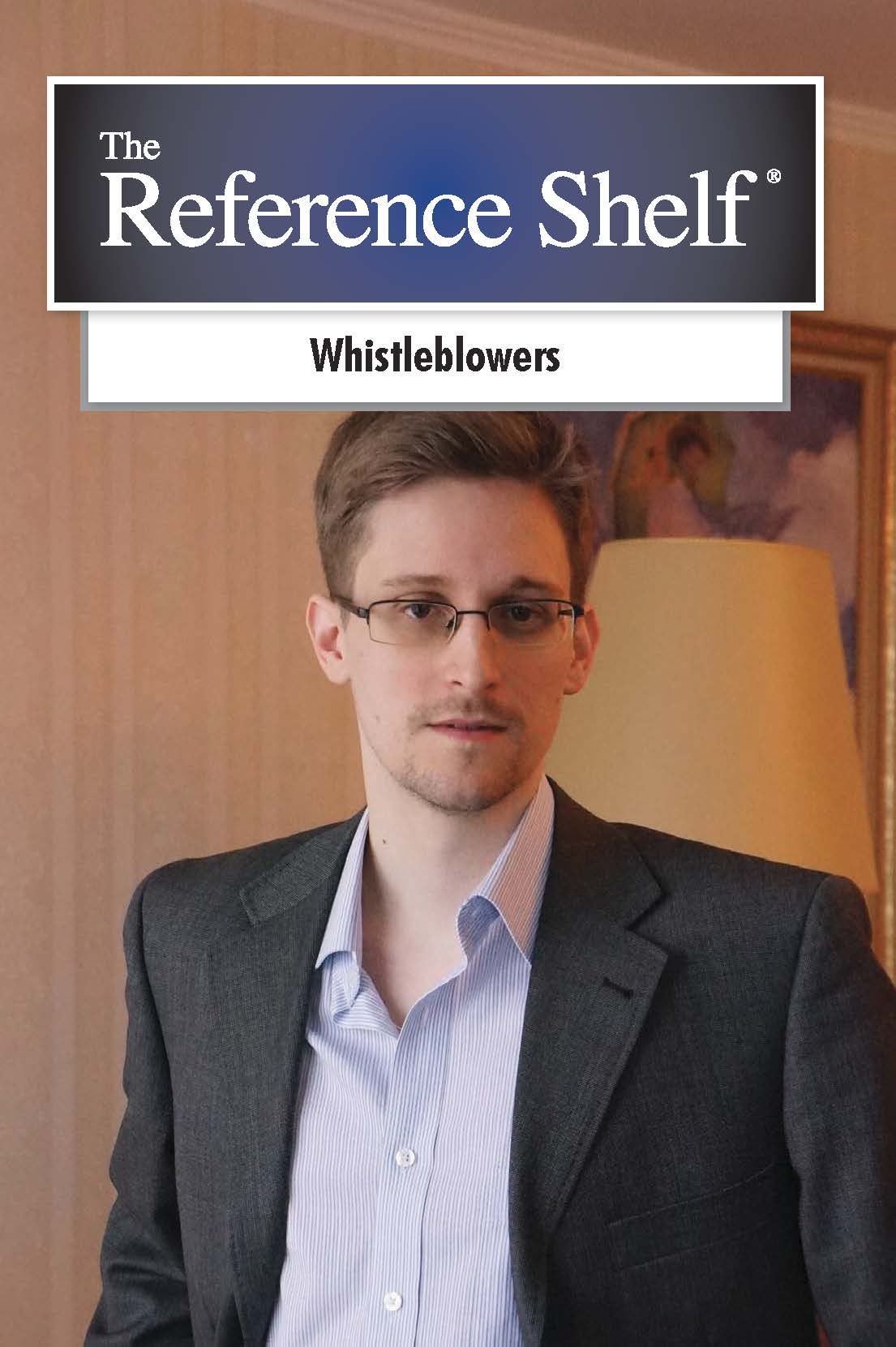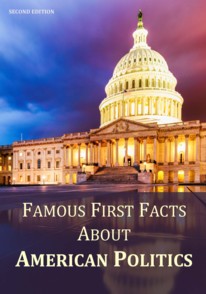
Reference Shelf: Whistleblowers
Softcover |
- Description
- Related Products
Whistleblowers—those who expose lawbreaking or malfeasance within institutions and organizations, most frequently governments or corporations—typically find themselves in an acutely uncomfortable position. Once they detect such misconduct, they must struggle with the ethical obligation to prevent it. This generally means disclosing it—by confronting perpetrators directly or revealing the information through an internal chain of command, to public sources such as the news media, or, in a fairly recent development, to third-party whistleblower advocacy agencies that will help protect the whistleblower from overt retaliation. In addition to legal repercussions—can a whistleblower prove his or her allegations to the satisfaction of a court? Can he or she endure and accept the possible costs of a trial?—whistleblowers face the personal costs of having revealed wrongdoing: ostracism, personal threats, loss of professional identity and possibly employability, loss of their own privacy. All of these risks are magnified in the case of those, such as Edward Snowden and Chelsea Manning, whose revelations concern government “secrets”; their actions and their consequences raise essential questions about how security and transparency should be balanced in a democracy, how official secrets are kept, and what new surveillance powers technology has placed in the hands of the government. Whistleblowers explores the most vital issues of political ethics through a personal lens.
Topics include:
- Ethical Obligations
- Confronting Perpetrators
- Third Party Agencies
- Security in a Democracy






